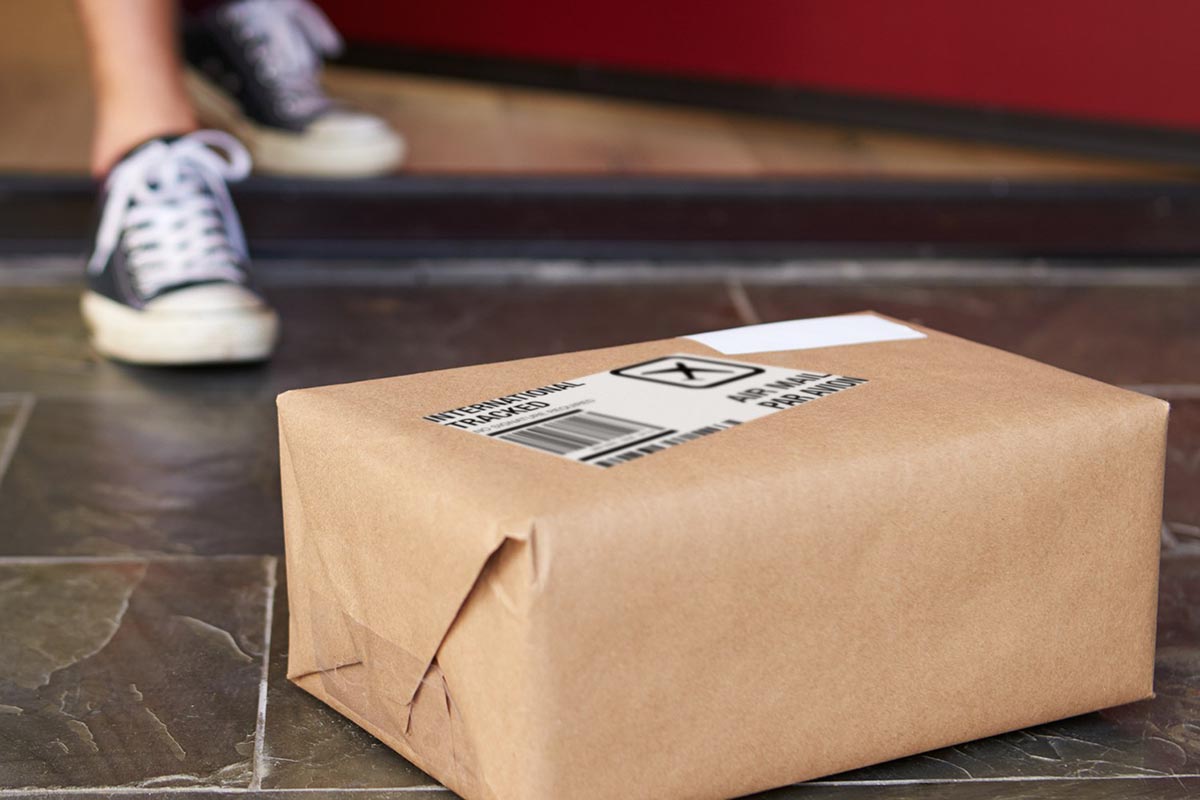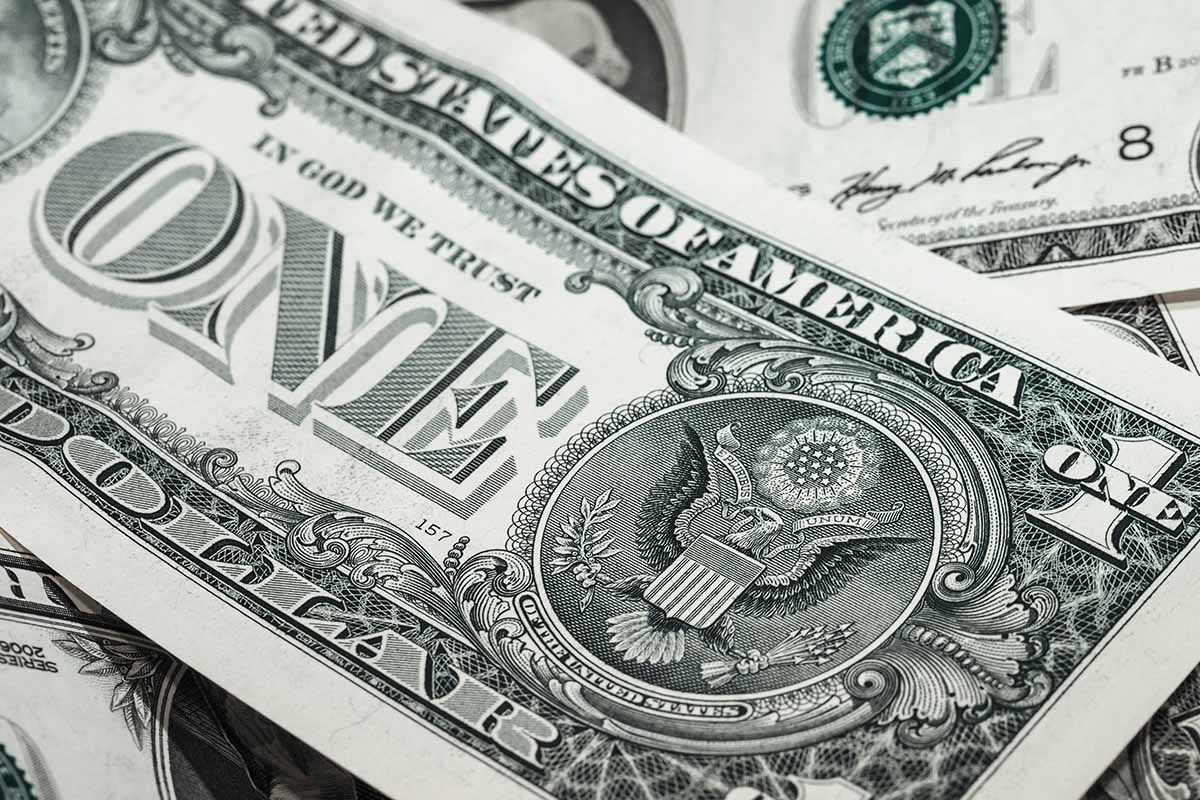Where Does My Money Go?
Most people have spent more than they should at least once in their life. There are seemingly infinite things for adults to buy for themselves. Whether it’s an essential item or just a splurge, the need and temptation to spend are always there.
It can be easy to lose track of how much money you’ve actually used. This can lead people into debt holes, which are often inescapable. Here are a few of the most common places your money goes throughout the month.
Subscriptions and Memberships
More than ever, companies are using a subscription model to sell their products. This can be great in some ways. For example, it lets consumers use the service without having to pay a large sum upfront.
But at the same time, many of these subscriptions and memberships end up going unused. In this case, they can become a huge money sink. Go over your list of subscription products and make sure you’re only signed up for ones that you utilize on a regular basis.
Paying Up for Brand Name Goods
Do you want to get a lot of bang for your buck, right? Buying the most popular brand names usually isn’t the best way of doing this. It doesn’t matter if you’re looking for apparel, household items, or food.
The name brands are almost always going to be pricier than generic options. And in many cases, there isn’t a noticeable difference in objective quality.
Buying Snacks and Groceries While Hungry
![]()
There’s nothing wrong with treating yourself once in a while. However, this can get out of control if it becomes habitual. Purchasing snacks at the gas station because you’re hungry isn’t an efficient use of your resources. The food at convenience stores is typically marked up well over its standard retail price. You should only buy food from places that offer consistently low prices on goods. Get an expense tracker to stay on top of your snacking spending.
Also, try to refrain from shopping for groceries while you’re hungry. Doing this will cause you to buy more than you need. Since the average family throws out over $2,000 worth of food every year, it’s best not to buy too much. Stocking up on too many perishable goods will lead to wasted food and money.
Paying for Necessities
Some things just can’t be worked out of your budget. This includes aspects like rent or mortgage payments, insurance, and transportation costs. While these things are all necessary to most people’s daily lives, they can often be made less burdensome.
Try downsizing to spend less money on housing. Or trade in your gas guzzler for a sedan. These moves can save you a ton of cash in the long run.
Utility Costs
![]()
Utilities are one of the hidden costs of living. People often forget about them when calculating their living expenses. Unfortunately, they can be quite costly, especially in seasons of extreme temperatures. If you have an older home, you should do whatever you can to insulate it. Make sure cold air can’t get in through old windows or uninsulated walls.
Disposable Products
There are several reasons why it’s better to stay away from disposable products. The most immediate harm to you is through your wallet. It costs more to buy things that are individual, disposable packaged than in bulk. Remember this when you’re looking for deals at the grocery store.
Additionally, cheaply made items that you only use a few times will need to be replaced. It’s often better to get a well-made item that will last you for a long time. On top of this, disposable products fill up landfills, which is terrible for the environment.
It’s not always easy to keep track of your spending. These are a few of the most common places where your money goes without you realizing it.



















